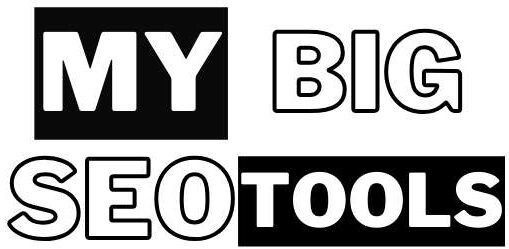Age Calculator: Simple Techniques to Understand Your Lifespan
Introduction: Age is more than just a number; it’s a fundamental aspect of our identity and plays a crucial role in various aspects of our lives. From determining eligibility for certain activities to assessing health risks, understanding our age is essential. In this guide, we will explore simple techniques for age calculation that will help you gain a better understanding of your lifespan.
- The Importance of Age Calculation: Age calculation is significant in numerous contexts, including legal, social, and medical spheres. It serves as a basis for determining rights, responsibilities, and privileges in society. Whether it’s voting rights, legal drinking age, or eligibility for retirement benefits, age is a crucial factor. Additionally, age plays a vital role in healthcare, guiding medical diagnoses, treatments, and preventive measures.
- Basic Methods of Age Calculation: Calculating age is often a straightforward process, but it can vary depending on the precision required and cultural factors. The most common method involves subtracting the birth year from the current year to determine the age in years. However, this method may not account for fractional ages or individuals born close to the end of the year. Alternatively, age can be calculated based on the number of full years elapsed since birth, with adjustments for the current date.
- Precision in Age Calculation: Achieving precise age calculation requires attention to detail, particularly when dealing with leap years, birthdates, and calendar systems. Leap years, occurring every four years, add an extra day to the calendar, affecting age calculations. Birthdates also play a role, as individuals born later in the year may have fractional ages until their next birthday. Furthermore, differences in calendar systems, such as the Gregorian and Julian calendars, can impact age calculation accuracy.
- Cultural Variations in Age Calculation: Age calculation practices vary across cultures and societies, reflecting unique beliefs, traditions, and calendar systems. In some cultures, age may be reckoned based on lunar calendars or other traditional systems, leading to variations compared to the standard Gregorian calendar. Additionally, cultural perceptions of age may differ, with some societies emphasizing chronological age, while others prioritize milestones or life stages.
- Tools and Resources for Age Calculation: In today’s digital age, several tools and resources are available to simplify age calculation. Online age calculators allow individuals to input their birthdate and current date to obtain accurate age results instantly. Furthermore, age prediction algorithms leverage demographic data and statistical models to estimate lifespan and age-related outcomes, providing valuable insights into health and wellness.
- Challenges and Considerations: Despite the availability of tools and techniques, age calculation can present certain challenges. Discrepancies in birth records, uncertainty regarding birthdates, and cultural variations may complicate age determination. Moreover, age calculation may be influenced by genetic factors, lifestyle choices, and environmental factors, highlighting the complexity of the aging process.
Conclusion: Age calculation is a fundamental aspect of human existence, influencing various aspects of our lives. By understanding simple techniques for age calculation, individuals can gain valuable insights into their lifespan, make informed decisions, and navigate age-related challenges effectively. Whether for legal compliance, healthcare management, or personal curiosity, age calculation remains an essential tool for understanding our place in the world.

FAQ
Ques 1 How can I know my age?
Simple Arithmetic: Subtract your birth year from the current year. For example, if you were born in 1990 and the current year is 2024, you would calculate 2024 – 1990 = 34. Therefore, your age is 34 years old.
Birth Certificate: Your birth certificate is an official document issued at the time of your birth, which includes your date of birth. You can reference this document to determine your age accurately.
Government-issued Identification: Many official identification documents, such as passports, driver’s licenses, and national identity cards, include your date of birth. You can use this information to calculate your age.
Online Age Calculator: There are numerous online tools and calculators available that can quickly determine your age based on your birthdate and the current date. Simply input your birthdate, and the calculator will provide your age.
Ask a Relative or Guardian: If you don’t have access to official documents, you can ask a relative or guardian who was present at your birth to confirm your age.
